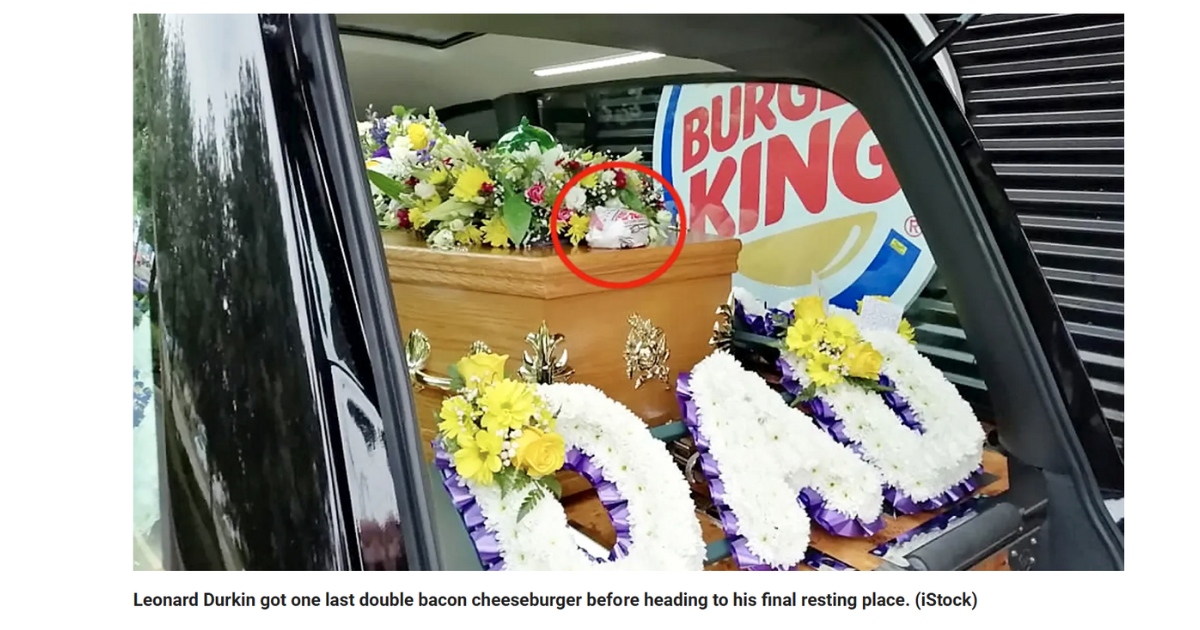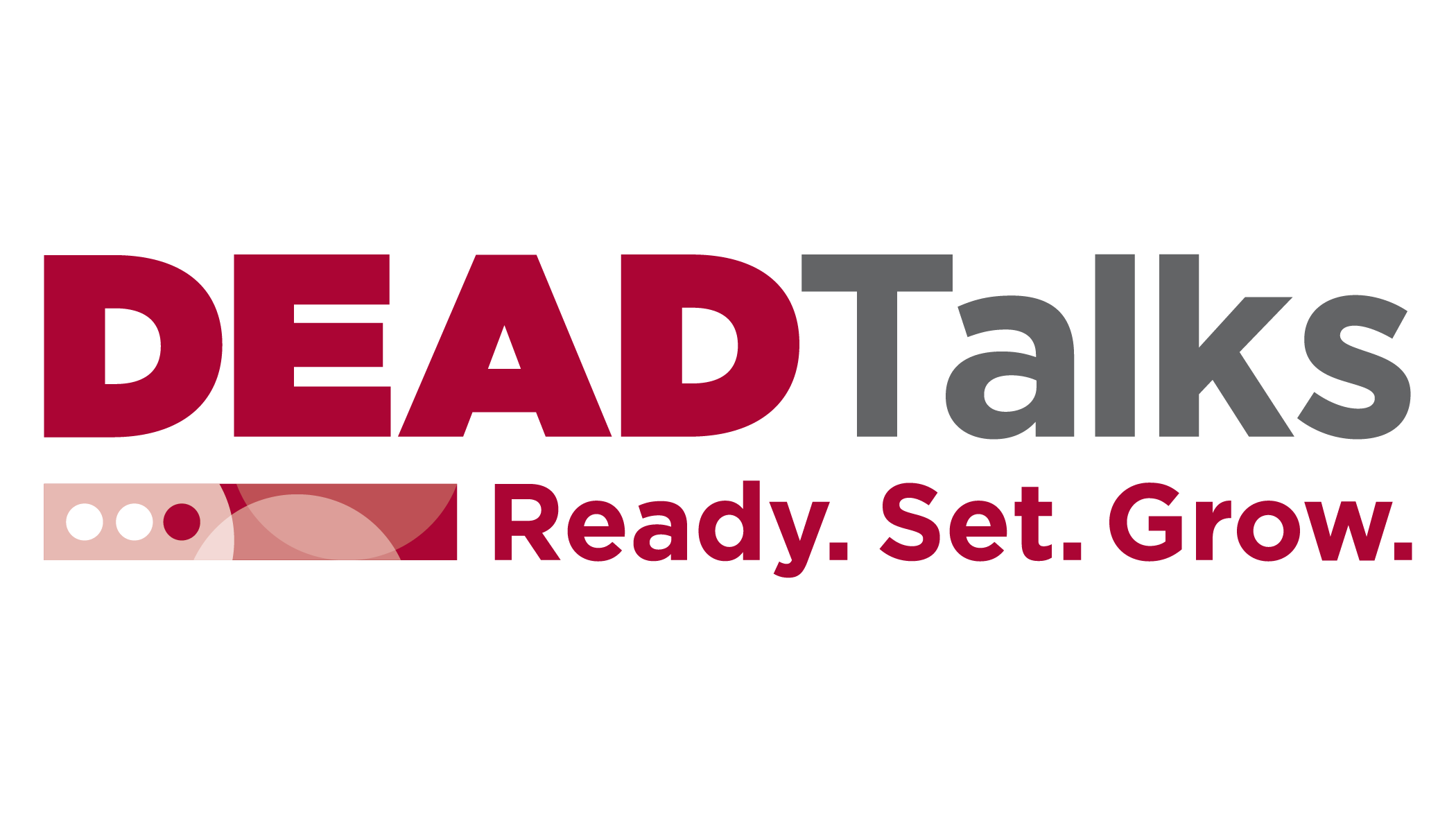I Could Care Less!
How is it that in this modern world of words, we surrender proper English for the meaningless? Do we purposefully misuse words to make a point? Perhaps it is the media who encourage us ? or maybe the lyrics of the music of the day play a role. Language errors for the sake of emphasis can be powerful but they can also make us look like uneducated fools.
Having a good command of communication skills is important for the funeral professional in this day and age. Agreed, we need to have good listening skills, but we need to be able to speak and write properly also. Because English is such a complex language, it is fraught with traps that we all frequently fall into. Here is the list of things my grandmother taught me about the words most easily confused. She gave me the list as I left for University in the 60?s. Perhaps you will be able to clean up your act, as I did. Because of the things that ?Spell Check? allows to fall through the cracks, I have ?Google enhanced? her words of advice.
I could care less ? Using this one really makes you sound uneducated. When you say ?I could care less? you are saying ?I do care a little ? so feasibly I could care less?. Most people, when using this horrific sentence mean to say ?I couldn?t care less?.
Literally ? This one is incredibly annoying when it is used in the wrong way. Literally means ?it really happened? – therefore you CAN NOT say ?he literally flew out the door?. Saying someone ?flew out the door? is speaking FIGURATIVELY – you could say ?he figuratively flew out the door?. Literally can only be used in the case of facts – for example: he literally exploded after swallowing the grenade. If he did, indeed, swallow the grenade and explode – that last sentence is perfectly correct. It would not be correct to say ?she annoyed him so much he literally exploded?.
Practice / Practise ? In US English, practice is used as either a verb (doing word), or noun (naming word). Hence, a doctor has a practice, and a person practices the violin.
Bought / Brought ? Bought relates to buying something. Brought relates to bringing something. For example, I bought a bottle of wine which had been brought over from France. The easy way to remember ?which is which? is that bring starts with ?br? and brought also does. Buy and bought start with ?b? only. This is one of those difficult ones that a spelling checker won?t catch.
Your / You?re ? Your means ?belonging to you?. You?re means ?you are?. The simplest way to work out the correct one to use is to read out your sentence. For example, if you say ?you?re jeans look nice? expand the apostrophe. The expanded sentence would read ?you are jeans look nice? – obviously nonsensical. Remember, in English, the apostrophe often denotes an abbreviation.
Its / It?s ? As in the case above, the apostrophe denotes an abbreviation: it?s = it is. Its means ?belongs to it?. The confusion arises here because we also use an apostrophe in English to denote possession – except in this case; if you want to say ?the cat?s bag? you say ?its bag? not ?it?s bag?. ?It?s? always means ?it is? or ?it has?. ?It?s a hot day.? ?It?s been fun seeing you.?
Two / To / Too ? With a ?w? it means the number 2. With one ?o? it refers to direction: ?to France?. With two ?o?s it means ?also? or refers to quantity – for example: ?There is too much money?. A good way to remember this one is that too has two ?o?s – i.e., it has more ?o?s than ?to? – therefore it refers to quantity.
Desert / Dessert ? This is a confusing one because in English an ?s? on its own is frequently pronounced like a ?z? and two ?s?s are usually pronounced as an ?s? (for example: prise, prissy). In this case, desert follows the rule – it means a large stretch of sand. However, dessert is pronounced ?dez-urt? with the emphasis on the second syllable – i.e., something we eat as part of our meal. To make matters worse, when a person leaves the army without permission, it is spelt desert. So, let?s sum up: desert (pronounced dez?-it): dry land ? desert (pronounced dez-urt?): abandon ? dessert (pronounced dez-urt?): yum yum! – remember, two ?s?s because you want second helpings!
Dryer / Drier ? If your clothes are wet, put them in a clothes dryer. That will make them drier. A hair dryer also makes hair drier.
Chose / Choose ? This is actually quite an easy one to remember – in English we generally pronounce ?oo? as it is written – such as ?moo?. The same rule applies here: choose is pronounced as it is written (with a ?z? sound for the?s?) – and chose is said like ?nose?. Therefore, if you had to choose to visit Timbuktu, chances are you chose to fly there. Chose is the past tense, choose is the present tense.
Lose / Loose ? This one is confusing. In this case, contrary to normal rules of English, the single ?s? in loose is pronounced like an ?s? – as in wearing trousers that are too loose. Lose on the other hand, relates to loss – for example: ?I hope we don?t lose this game?. A good way to remember this is that in the word ?lose? you have lost the second ?o? from loose. If you can?t remember a rule that simple, you are a loser!
So ? have I made your head swim? Do you feel that you are back in Grade Seven? Have I put you to sleep at your computer like the preacher and the bad sermon? I hope so, because we all need to clean up our act when it comes to our use of everyday English. Don?t even get me stated on the receptionist who answers the telephone ? ?How can I help you?? ? it annoys me so much that I may literally explode!



